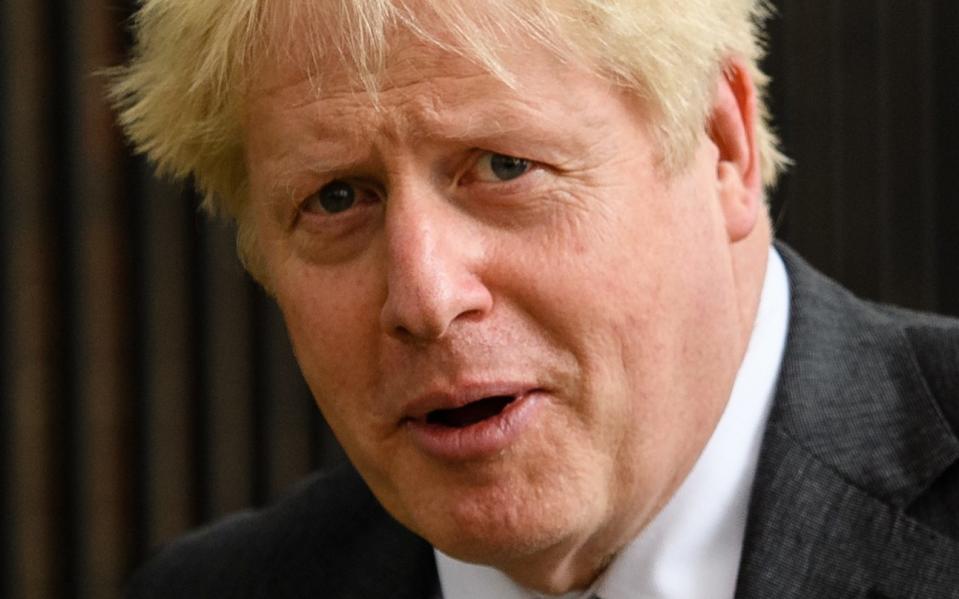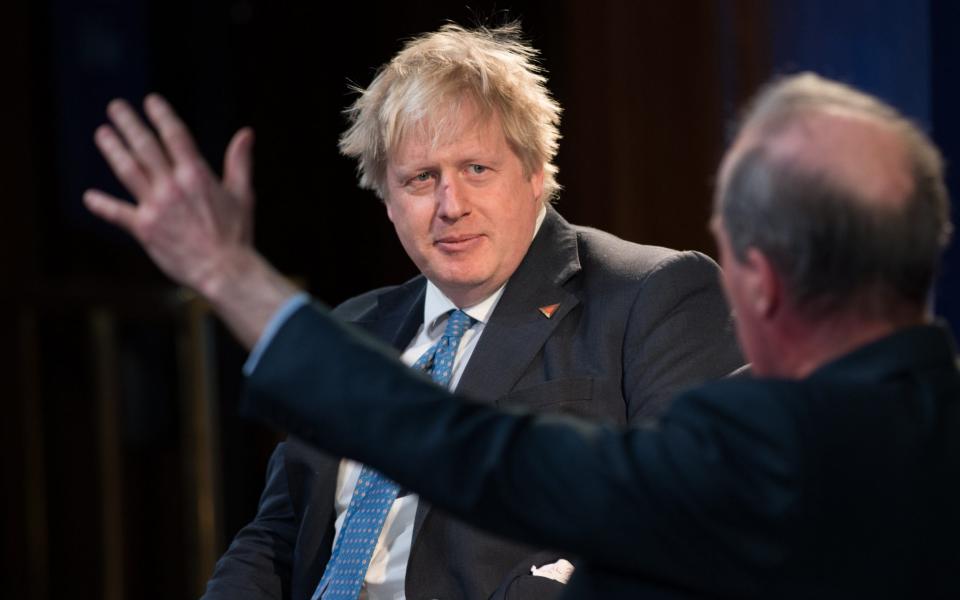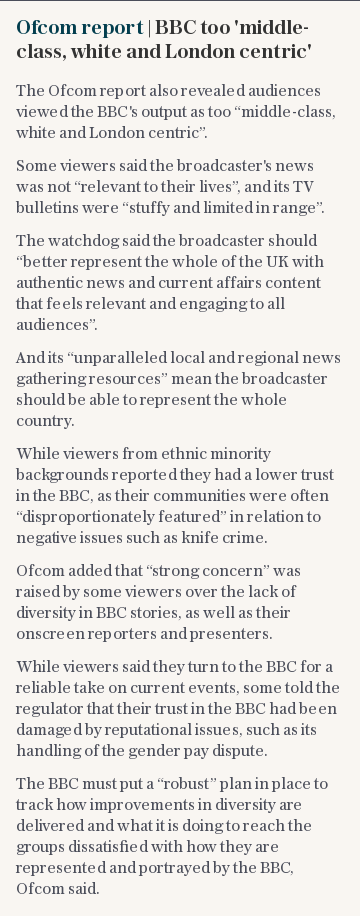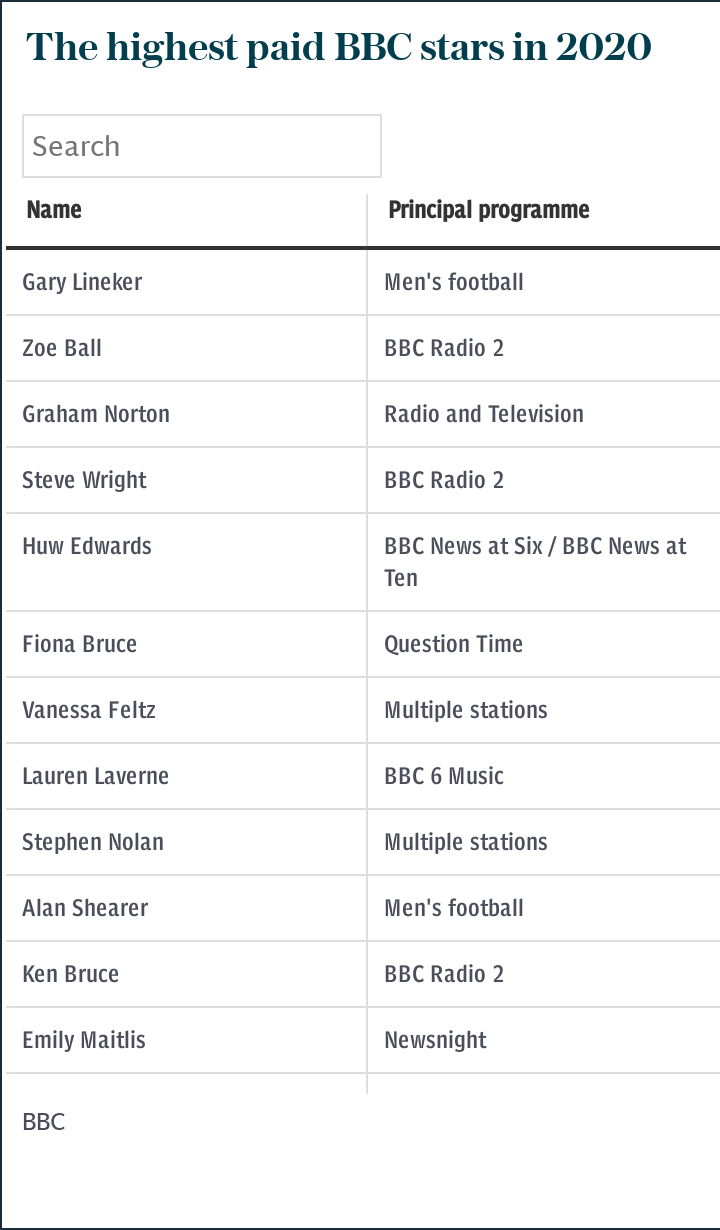Boris Johnson 'determined' to politically rebalance the UK's quangos

Boris Johnson is “determined” to rebalance Britain’s quangos after it emerged Labour supporters make up almost half of all politically-affiliated leaders of the organisations.
Ten years after Labour was last in power, there are still 50 per cent more Labour-supporting quango chiefs than those who back the Tories.
It comes as the Culture Secretary fuelled speculation that former Daily Mail editor Paul Dacre is to become the new chairman of Ofcom, while former Daily Telegraph editor Lord Moore is tipped as the next BBC chairman.
The Prime Minister has told allies that the left still has far too much influence via the leadership of key institutions, and that the fabric of the country will not change until they better reflect the society they represent.

Research by the Taxpayers’ Alliance has established that of the appointees and re-appointees to quangos and NHS bodies in England and Wales in 2018-19 who declared significant political activity, 47.4 per cent were Labour Party supporters.
This compared with just 31.6 per cent who supported the Conservatives, 10.5 per cent who supported the LibDems and 10.5 per cent who supported other parties.
Mr Johnson is said to be close to appointing Paul Dacre to the chairmanship of the broadcasting regulator, having reportedly discussed the job with him in recent days.
Oliver Dowden, the Culture Secretary, did nothing to dampen down speculation that Mr Dacre has already been offered the job, or that Lord Moore is the favourite to head the BBC, as he said there were “clearly strengths” to both men.

While Mr Dowden insisted that the process for the appointments would be subject to open competition, he added that the Government had been “clear what we’re looking for”.
Asked whether he had spoken to Mr Dacre about the Ofcom role, he would only say: “I have conversations with people all the time.”
Mr Dowden told Sky News: “First of all, in respect to the chairman of the BBC, what we’re looking for is a strong, big person who can hold the BBC to account.
“There’s three things I’ve been talking about to the BBC. First, the need for genuine impartiality. Secondly, ensuring the BBC is up to the challenges of the future as we move from analogue to digital to platform technology. Huge changes for the BBC.
“And then thirdly, ensuring the BBC represents all parts of our nation, not just narrow metropolitan areas.”
Asked about Mr Dacre’s previous criticism of the BBC, including allegations of left-wing bias, Mr Dowden added: “I’m not going to get drawn into conversations about each of the candidates. Clearly there are strengths to both Charles Moore and Paul Dacre.
“I’ve said what I’d be looking for in respect to the BBC. We’ll launch that process, we’ll conduct it in accordance to the charter.
“Similarly, Ofcom is an enormously important economic regulator, covering everything from mobile, broadcasting, through to online harms (see the conclusions of an Ofcom resport into the BBC in 2019, below).

“We need strong, credible people to fill those roles and that’s what we’ll be looking for through the competition process.”
Signalling Labour’s opposition to the move, Jo Stevens, the shadow culture secretary, accused the Government of “political interference”.
She said: “I think the whole idea of announcing appointments before a process has actually taken place is a bit strange and I think the public will be wondering where the Government’s priorities are on this.
“Why is it worrying and interfering in an open process and appointment for BBC and head of Ofcom, both two very senior independent public service posts that carry significant salaries?
“Why is the Government interfering in that sort of thing, when it should be concentrating on getting a grip on test and trace, keeping coronavirus rates under control, and getting the economy back on track?”
Mr Dowden said the process for appointing new chairmen of the BBC and Ofcom would be launched shortly, with interviews conducted by an independent panel.
He said no offers had been made, adding: “We have a formal process for them to go through so I will be launching shortly the competition for the chair of the BBC.”

During his editorship at the Daily Mail, Mr Dacre was also highly critical of social media platforms such as Google and Facebook earning huge sums from recycling news stories from other media outlets and the dissemination of fake news online.
The Government has made clear that it intends to hand Ofcom new powers to tackle online harms and ensure social media giants bolster safety measures to protect their users from abuse.
Lord Moore, who edited The Daily Telegraph and The Sunday Telegraph between 1992 and 2003 and is a Daily Telegraph columnist, has also criticised the criminalisation of people who refuse to pay the licence fee.
Ofcom chairman Lord (Terence) Burns is due to leave before the end of the year, while BBC chairman Sir David Clementi will stand down in February.

 Yahoo News
Yahoo News 